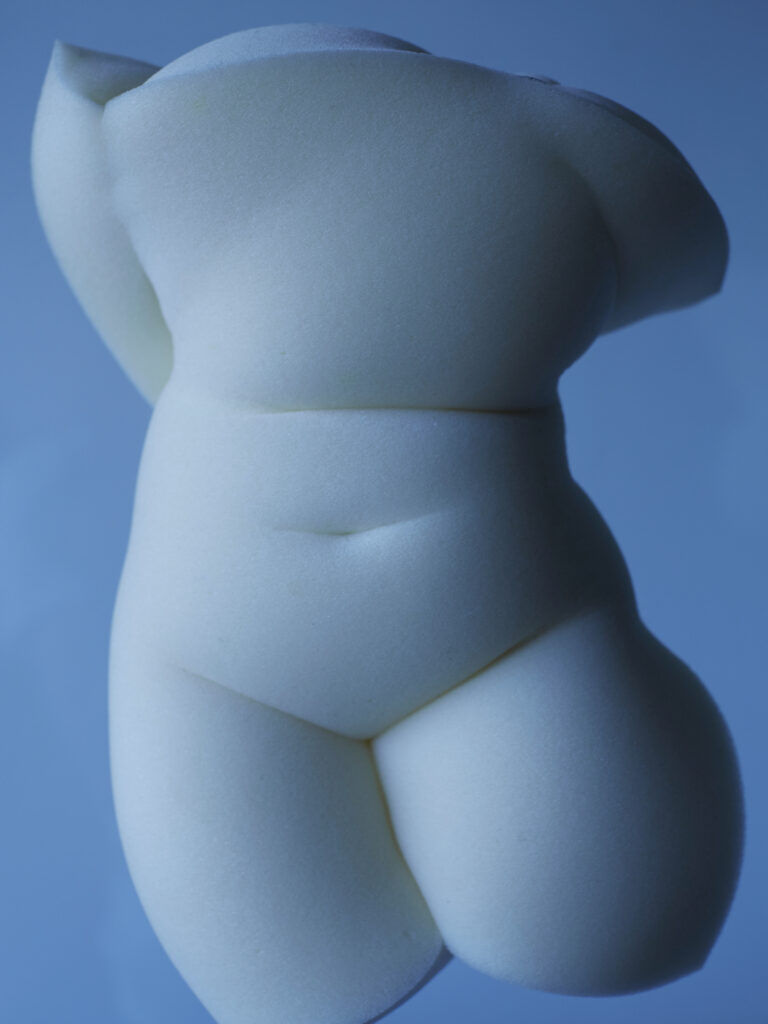
Photo: Getty Images Turkey
Stories
Dear Diary: Does Journaling Work For A Better Mental Space?
It’s all about blowing off steam and earning the discipline of confronting oneself.
Text Şevval Yürüten
Why do we need to write down our quiet inner conversations? Adding a pen and paper (or a blank Notes page on your iPhone) to the thought process may seem redundant to some, but personal experience shows that journaling can positively support our mental states.
And it’s not just me. Studies have shown that keeping a diary can actually help in reducing stress levels. It is proven that writing, typing, or noting excruciating thoughts on our phones brings a sense of relief. Through this practice, we can confront and process negative emotions and thoughts that distress us and evaluate our experiences objectively. This activity can help us think straight, especially during more challenging times. Even more, journaling can be a daily method of self-discovery.
Psychologist Sema Bengi agrees: “Journaling means recording the moments and memories that make up our lives. It stands for coping with these memories for better or worse and acknowledging them. Psychotherapy operates under similar dynamics. It is about understanding and telling your memories thoroughly and accepting them. Then we must return them like a new book we had just devoured. Nevertheless, this can be a bit hard in therapy and journaling alike.”
Although the benefits of the expressionist act of journaling are pretty tempting, we often avoid it either to escape our reflections or due to casual indolence. Usually, the activity begins by touching on light topics. As the individual moves forward with the task, it is common for “negative” emotions like anxiety, sadness, and embarrassment to pop up. In a sense, journaling gently brings us to a state of catharsis. Bengi acknowledges the challenging nature of this exercise: “During therapy, the therapist guides the client. However, when you emotionally wobble while journaling, you are all alone. And this can be mentally exhausting.”
However challenging it may be, journaling deserves a chance to be a solo-achieved therapy session. In her famous book The Artist’s Way, Julia Cameron suggests the Morning Pages ritual for every artist: a stream-of-consciousness journaling habit that you do first thing in the morning every day, no matter what. According to Cameron, waking up, opening your morning journal, and writing three pages of all the thoughts that pop into your head will surely spark creativity.
Inspired by the ritual Cameron suggests, I have been journaling for almost four years without a specific time frame. When I am confused, my heart throbs and I have trouble controlling my emotions and thoughts; I open my diary and start writing whatever comes into my mind. I opt for the automatic writing method. Adopted by various creative communities, from surrealists to beatniks, this method is about uncovering the subconscious by writing without rules.
I know it takes work to get started. Sometimes, even if my first sentence is “I don’t like to write,” I tend to unburden myself as the writing unfolds. Also, I write so fast that I can’t even read my handwriting. And that obscurity gives me confidence in adopting this method in my life.
It’s important to understand that there’s no right or wrong with journaling; everyone can have their unique way of doing it. It’s an utterly personal task that yields a unique experience every time. But this I know: Once you see the effects of this ritual on your mental wellness, you will undoubtedly get hooked.





